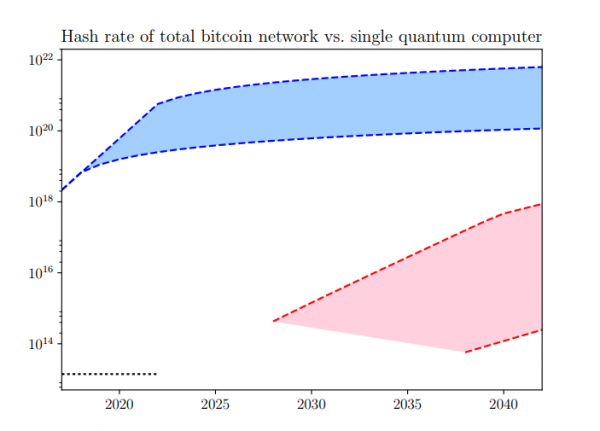By Jason Leinwand January 22, 2018
As the worlds of online banking and trading, cybercrime, and blockchain intersect, the banking sector needs to heed the warnings about blockchain in its current state.
An open distributed ledger will not be valuable to a bank without security. Most current distributed ledger technologies provide limited security. That is the reason there are multiple levels of verification to trade cryptocurrencies and why large holders of cryptocurrencies hold them on an external hard drive/vault or wallet.
How do we secure ourselves?
Blockchain is still in its infancy from an advanced technology perspective. However, we all know the tech world moves fast, so it won’t be long before we see blockchain-developed solutions across retail, investment banking, and even farming. The ability to share data across a distributed ledger, without the requirement of going through a central repository (a bank) will move all these industries to a whole new level of efficiency.
First, however, we need those ledgers to be secure. There are currently companies out there working on such solutions, from small startups to large tech firms. Before the end of this year we will see them go live with viable market solutions. It is too early to know who will emerge as the leader in the space, but demand is there to drive a solution.



